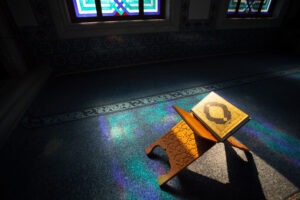Although they may look the same on paper, Islamic and conventional mortgages are actually quite different. In this article, we break down some key differences in how they work, address popular concerns, and debunk myths regarding Islamic mortgages.
What is the Main Difference Between Islamic and Conventional Mortgages?
While the primary objective in both cases is to finance a property purchase and ensure the bank’s protection, Islamic and conventional mortgages each follow different rules of compliance.
Conventional mortgages primarily function as secured loans and charge interest. Islamic mortgages are built on a Shariah compliant partnership agreement between the buyer and the bank or financial institution, along with a rental agreement and other supporting contracts.
While some of the language used in Islamic mortgage contracts can resemble conventional ones due to the legal practice of using proven templates, this has no bearing on the Shariah compliance of the product. However, there is room for Islamic banks to work on the contractual terms for mortgages so that they clearly outline their Shariah compliance and clear up any misunderstandings about how the product works.
Can Rate Pegging Be Considered Interest?
The term rate pegging refers to the practice of attaching or tying a rate to the cash rate of the state or nation a financial institution operates.
There’s a concern that because Islamic banks peg their rates to cash rates, they are disguising interest. However, Islamic banks operate within a regulatory system designed for conventional banks, which mandates products to be advertised comparably. Cash rates are used by all banks and financial institutions, and it’s vital for Islamic banks to keep their terminology consistent to avoid confusion. But it doesn’t mean they are charging interest; it’s just the pricing reference, not the underlying nature of the contract.

Understanding the Real Issues
Islamic mortgages, while Shariah compliant, are not perfect. Some concerns that arise include inadequate sharing of ownership risks, non-utilisation of local rent values, and the fact that Islamic Banks, like their conventional counterparts, are part of the system that creates money, which can potentially disrupt economies.
The essence of Islamic banking is a partnership model, where the risk associated with the house should be shared. However, this is not adequately reflected in some practices. For example, the homeowner typically assumes the cost of home insurance and maintenance, and the buyback pricing is predetermined, minimising the risk for the bank.
Moreover, Islamic mortgages usually use cash rate-pegged values to calculate rent, rather than the local rent value for a specific property. While it could be better, it’s more practical and doesn’t compromise Shariah compliance.
The larger macroeconomic issue lies in the fractional reserve banking system, where money is essentially created out of nothing. Islamic banks, unfortunately, also operate within this system.
The Way Forward
The solution for these concerns lies in innovation and engaging our educated youth in the Islamic Finance industry. Moreover, we need to attract large funds with patient capital to invest heavily in Islamic mortgages. This way, instead of creating money via savings deposits, Islamic banks can use real money from pension funds and other sources.
In conclusion, while Islamic mortgages have their flaws, they present a valid alternative for those seeking a Shariah compliant route to home ownership. It’s crucial for consumers to fully understand the nuances and make an informed decision.
As always, we at MCCA are committed to providing you with the most ethical and Shariah compliant financial solutions available. For a wide range of products available for different property financing needs, contact us to start your Sharia-compliant home ownership journey today.





